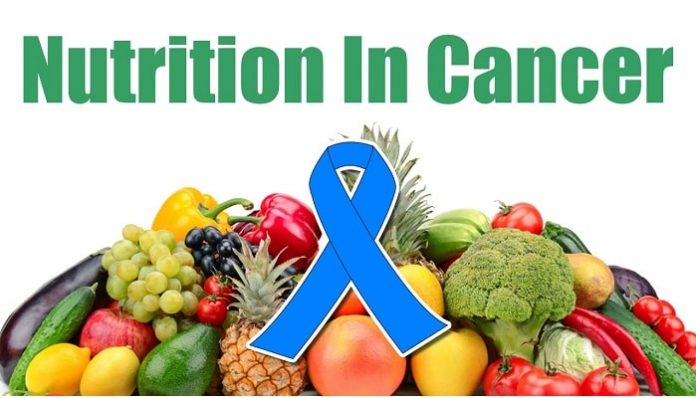Nutrition oncology (or oncology nutrition) is a field that focuses on the role of nutrition in cancer prevention, treatment, recovery, and survivorship. It addresses the nutritional needs of cancer patients to improve treatment tolerance, maintain strength, and enhance quality of life.
Key Roles of Nutrition in Oncology:
- Before and During Treatment:
- Maintain weight and muscle mass to tolerate chemotherapy, radiation, or surgery.
- Manage side effects such as nausea, vomiting, taste changes, mucositis, diarrhea, or constipation.
- Prevent or treat malnutrition and cachexia (wasting).
- Adjust for increased or decreased caloric and protein needs.
- After Treatment (Survivorship):
- Support recovery and healing.
- Promote a balanced, anti-inflammatory diet to reduce recurrence risk.
- Address long-term effects like fatigue, metabolic syndrome, or digestive issues.
- Palliative and End-of-Life Care:
- Focus on comfort and patient-centered goals.
- Tailor nutrition to minimize discomfort and maximize enjoyment.
Nutritional Strategies and Interventions:
- Individualized Meal Planning: Based on diagnosis, treatment type, symptoms, and preferences.
- Oral Nutrition Supplements (ONS): When appetite or intake is low.
- Enteral or Parenteral Nutrition: If oral feeding is not possible.
- Nutritional Counseling: To correct misconceptions (e.g., fad diets or extreme restrictions).
Common Concerns in Cancer Nutrition:
- Weight loss and muscle wasting (especially in GI cancers)
- Obesity and metabolic complications (linked to worse outcomes in breast, colorectal, and prostate cancers)
- Supplement safety and interactions with treatments
- Immune-boosting diets (often misunderstood or misrepresented)
- Plant-based or Mediterranean diets for survivorship
Role of the Oncology Dietitian:
- Registered dietitians (RDs) with expertise in oncology (often CSO-certified: Certified Specialist in Oncology Nutrition)
- Work closely with the oncology care team to optimize nutrition plans

